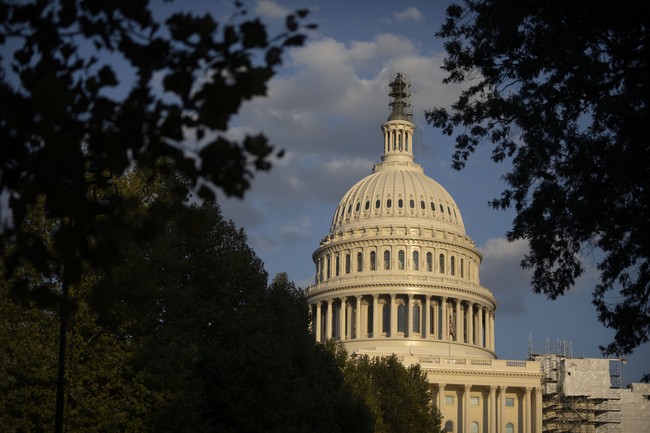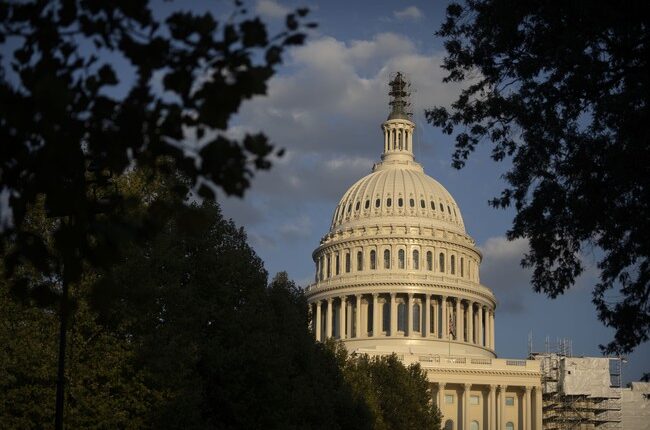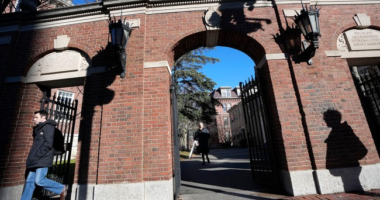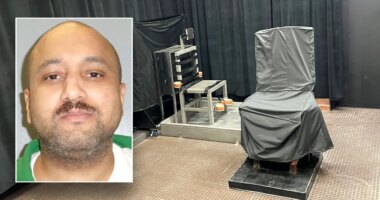
The District of Columbia Home Rule Act was enacted by Congress in 1973 to grant the District more control over its local affairs. This legislation allowed the District to have its own municipal authority, giving it the power to govern itself to a certain extent. Despite this increased autonomy, Congress retains the ability to intervene and override decisions made by the local government in the District of Columbia.
That hasn’t always worked out so well. The District is now a big, bubbling crock pot full of crime, with carjackings and robberies disturbingly common. Now, with the GOP (narrowly) holding the House, the Senate and the White House, one Congressman, Rep. Andrew Clyde (R-GA) is attempting to overturn the District’s home rule.
Rep. Andrew Clyde (R-GA) is planning to introduce legislation next year that would undo Washington’s local autonomy, instead requiring every local law to be approved by Congress before it can be enacted. Clyde has previously attempted to repeal the D.C.’s Home Rule but those efforts have largely been unsuccessful due to Democratic opposition in the Senate and White House.
But now, with a GOP trifecta heading into the new year, Clyde is looking to try again.
“When home rule was created in 1973, it was: ‘OK, whatever the city passes is approved and Congress has a limited amount of time to disapprove it,’” the Daily Caller. “That’s backwards.”
That’s something of an understatement. But the District is organized the way it is for a reason; it’s intended to be the seat of the national government, and not contained within or a part of any one state.
When the District was set up, though, the founders clearly didn’t anticipate modern urban progressive politicians and revolving-door justice systems.
Although Washington is not a state nor part of one, the district is allowed to operate as an independent local government through the D.C. Home Rule Act, which was enacted in 1973 to give it some control over its own legislative affairs. The only caveat is that all laws are subject to congressional approval before being enacted, giving members of Congress outsize influence over the 68-square-mile jurisdiction.
That caveat was seen in action last year when Clyde introduced a bill to overturn the district’s revised criminal code that was passed by the D.C. Council. The revised code sought to clarify the district’s crime laws and, in some cases, reduce the penalties for violent crimes such as carjackings and homicide.
Look, if there’s one place in the nation where the citizens – and any citizens – should be able to walk the streets confident of their safety, at any hour of day or night, it should be the nation’s capital. That’s clearly not the case now.

















